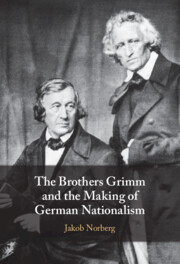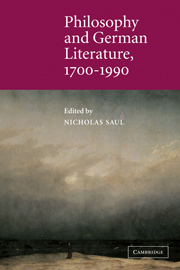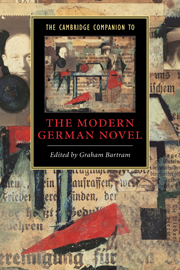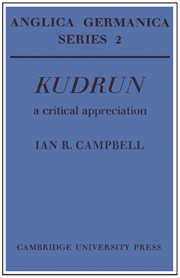The Brothers Grimm and the Making of German Nationalism
In the first comprehensive English-language portrait of Jacob and Wilhelm Grimm as political thinkers and actors, Jakob Norberg reveals how history's two most famous folklorists envisioned the role of literary and linguistic scholars in defining national identity. Convinced of the political relevance of their folk tale collections and grammatical studies, the Brothers Grimm argued that they could help disentangle language groups from one another, redraw the boundaries of states in Europe, and counsel kings and princes on the proper extent and character of their rule. They sought not only to recover and revive a neglected native culture for a contemporary audience, but also to facilitate a more harmonious and enduring relationship between the traditional political elite and an emerging national collective. Through close historical analysis, Norberg reconstructs how the Grimms wished to mediate between sovereigns and peoples, politics and culture. This title is also available as Open Access on Cambridge Core.
- Sheds new light on the political motivations and ambitions that guided the Brothers Grimm throughout their scholarly careers, transforming how we view history's most famous folklorists
- Situates the Brothers Grimm in the political and ideological context of their turbulent epoch, providing crucial historical background to the Grimms' widely known contribution to world literature and culture
- Shows the close interaction between modern disciplinary research in the humanities and the emergence of nationalism, explaining the instrumental value of literary and linguistic scholarship to a major modern ideology
Reviews & endorsements
‘… succeeds admirably in exploring and explaining the Grimms’ nationalist commitments.’ Kevin S. Amidon, Journal of Folklore Research
‘… synthesizes a large body of work on political thought to create a composite of early 19th-century German nationalism …’ Paul Michael Kurtz, The German Quarterly
Product details
April 2022Hardback
9781316513279
228 pages
235 × 158 × 20 mm
0.54kg
Available
Table of Contents
- 1. The philologist king: Politics and knowledge in the nationalist era
- 2. Folk hatred and folk tales: The nationalist politics of the children- and household tales
- 3. The prince of Germany: Wilhelm Grimm and the philologist as redeemer
- 4. Love of the fatherland and fatherly love: Jacob Grimm's political thought
- 5. The mother tongue at school: Jacob Grimm and the institutions of nation building
- 6. The names of the barbarians: The philologist, the tribe, and the empire.









